The 2000s were one of the best decades for anime and a highlight was Fullmetal Alchemist by Hiromu Arakawa. Studio Bones has adapted the manga twice in two different series, one of them being Fullmetal Alchemist: Brotherhood. While this particular series was more faithful to the source material, it still had its flaws. The changes made were subtle but one of the most notorious faults was the condensing of major arcs.
Fullmetal Alchemist: Brotherhood condenses volume 15 of the manga, one of its most impactful arcs, into just one episode. The Ishvalan War of Extermination, episode 30 of Brotherhood, ends up being the only episode out of 64 that covers the arc. Fans have agreed that the manga is undoubtedly better at dealing with this arc.
The Arc That Deserved a Better Adaptation
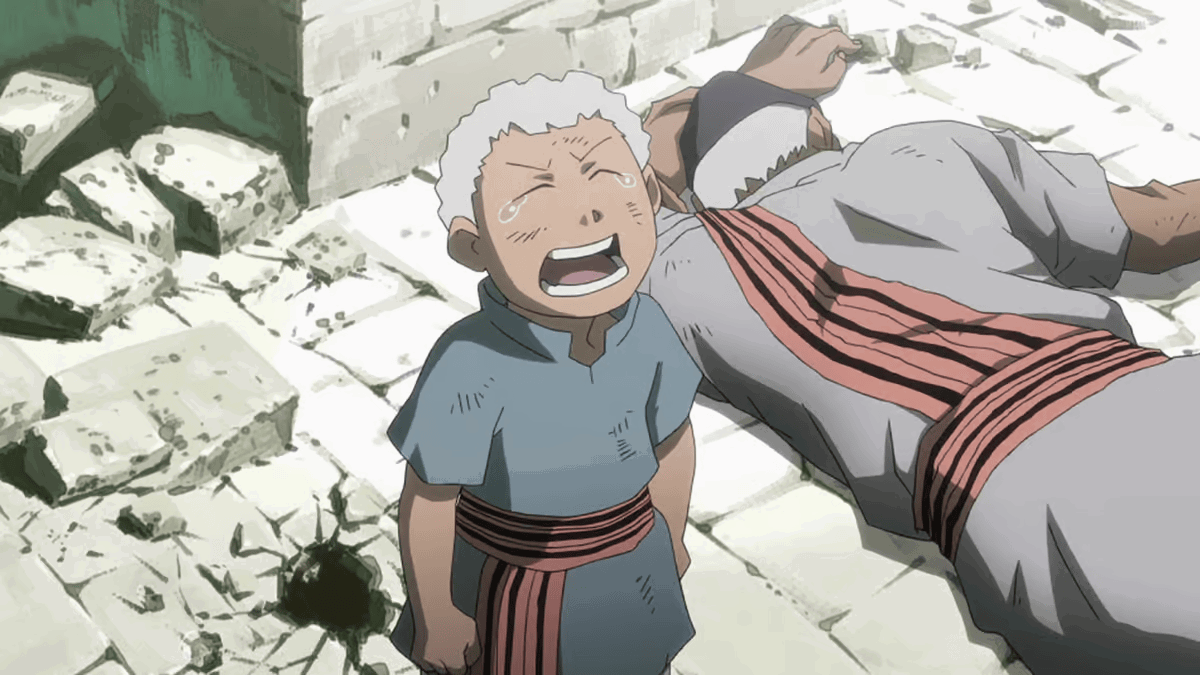 The Ishvalan War of Extermination arc in Fullmetal Alchemist: Brotherhood. [Credit: Studio Bones]
The Ishvalan War of Extermination arc in Fullmetal Alchemist: Brotherhood. [Credit: Studio Bones]The manga dedicates considerable time and attention to the Ishvalan War. It carefully portrays the atrocities committed, the war crimes sanctioned by the Amestrian military, and how these actions deeply scar the people involved. It also shaped the narrative and the development of some of the key characters. Namely, Roy Mustang, Riza Hawkeye, Scar, and Dr. Marcoh all go through different experiences stemming from the same event.
This fictional war is heavily inspired by real-world ethnic and religious conflicts. The acts of genocide by Amestris against the Ishvalan people is reminscent of the past and present. Hiromu Arakawa devastates readers with how heavy it depicts the cost of human lives during war. It effectively addresses the cycle of violence and how easy it is to get blinded by loyalty.
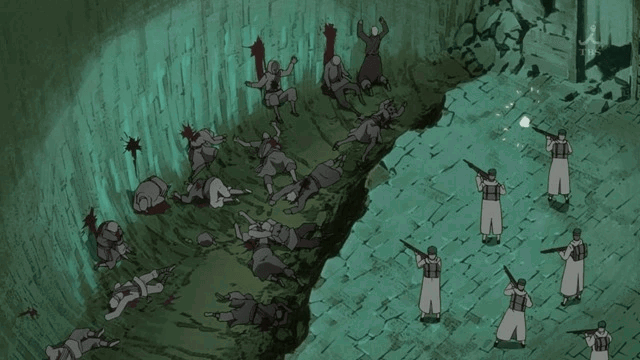 The gruesome scenes in Fullmetal Alchemist: Brotherhood. [Credit: Studio Bones]
The gruesome scenes in Fullmetal Alchemist: Brotherhood. [Credit: Studio Bones]However, Brotherhood reduces the war’s narrative to a single episode and ends up watering down a very mature and emotional arc. Fans are deeply disappointed by how rushed the episode is and the little time we get with the characters’ trauma and response to the war. It almost lets Roy Mustang and Riza Hawkeye off too easily as compared to the manga’s more explored development.
Did Studio Bones Miss the Point?
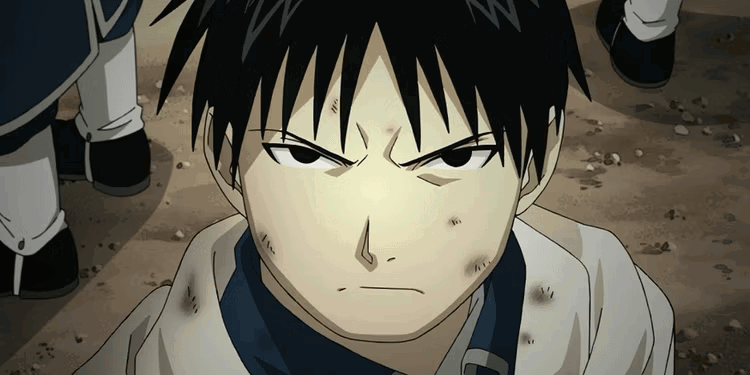 Roy Mustang’s development after the war in Fullmetal Alchemist: Brotherhood. [Credit: Studio Bones]
Roy Mustang’s development after the war in Fullmetal Alchemist: Brotherhood. [Credit: Studio Bones]The war is not just yet another backstory. It became a huge part of many major characters’ development in the long run. Roy Mustang, a fan favourite, whose desire to overthrow the government is clearly fuelled by the guilt and shame he felt after the Ishvalan War. His subsequent relationship with Riza Hawkeye is tainted after it. Scar’s quest for revenge is driven by the loss of his entire family during the war. The manga volume is much better if you wish to understand the full extent of his suffering and want a fleshed out view of his character’s evolution.
Fans, therefore, find that condensing the Ishvalan War of Extremination an extreme injustice to the manga and their characters. It is central in establishing the lore of war, ethics, and humanity that are present throughout. It highlights the gravity of state-sponsored violence and how it’s so easy to be complacent but difficult to grow and do the right thing. Studio Bones should’ve spent more time on this arc, especially in connecting the audience with the characters.
Fullmetal Alchemist: Brotherhood is available on Crunchyroll for streaming.
.png)
 2 days ago
13
2 days ago
13
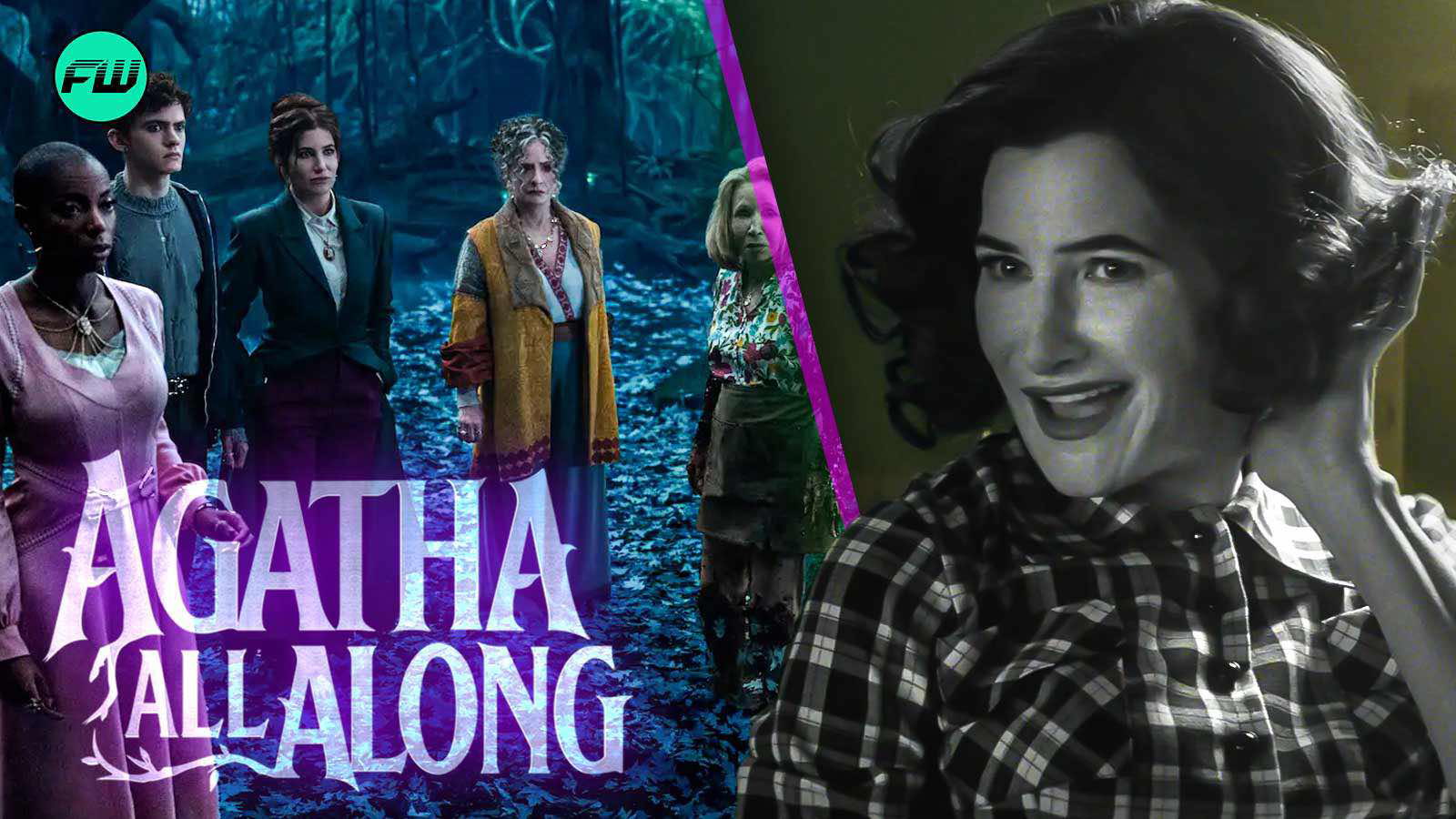
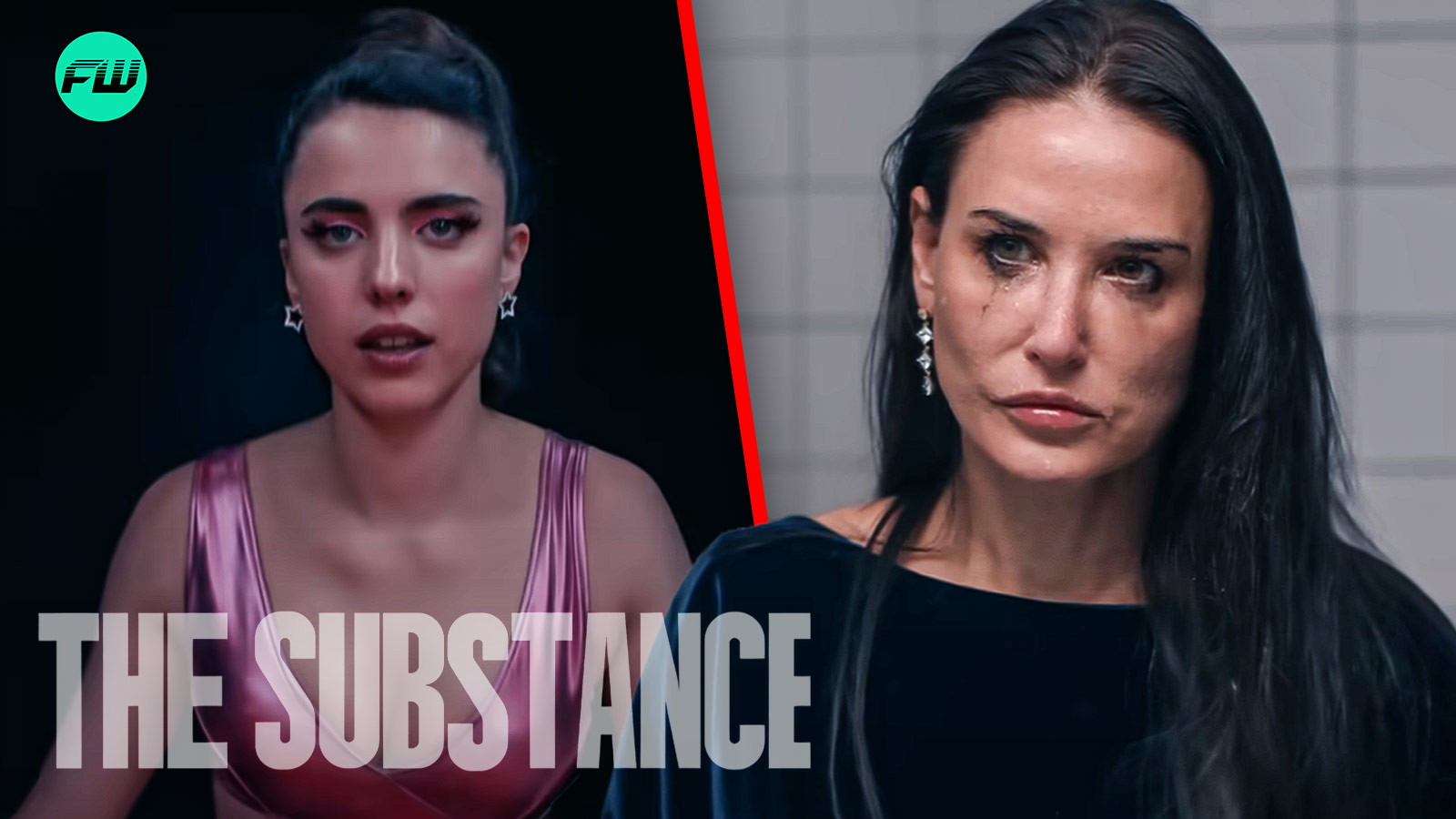
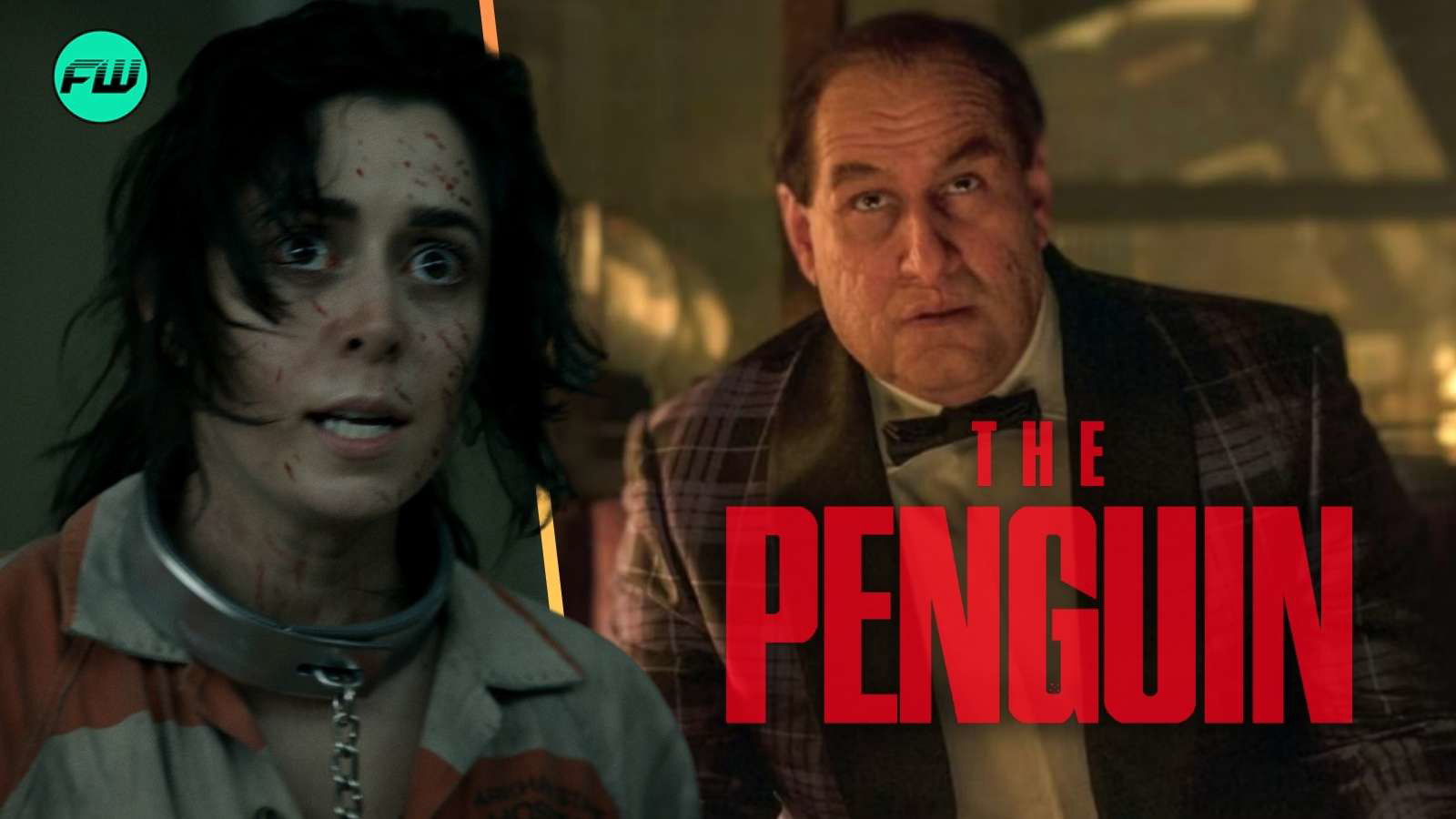
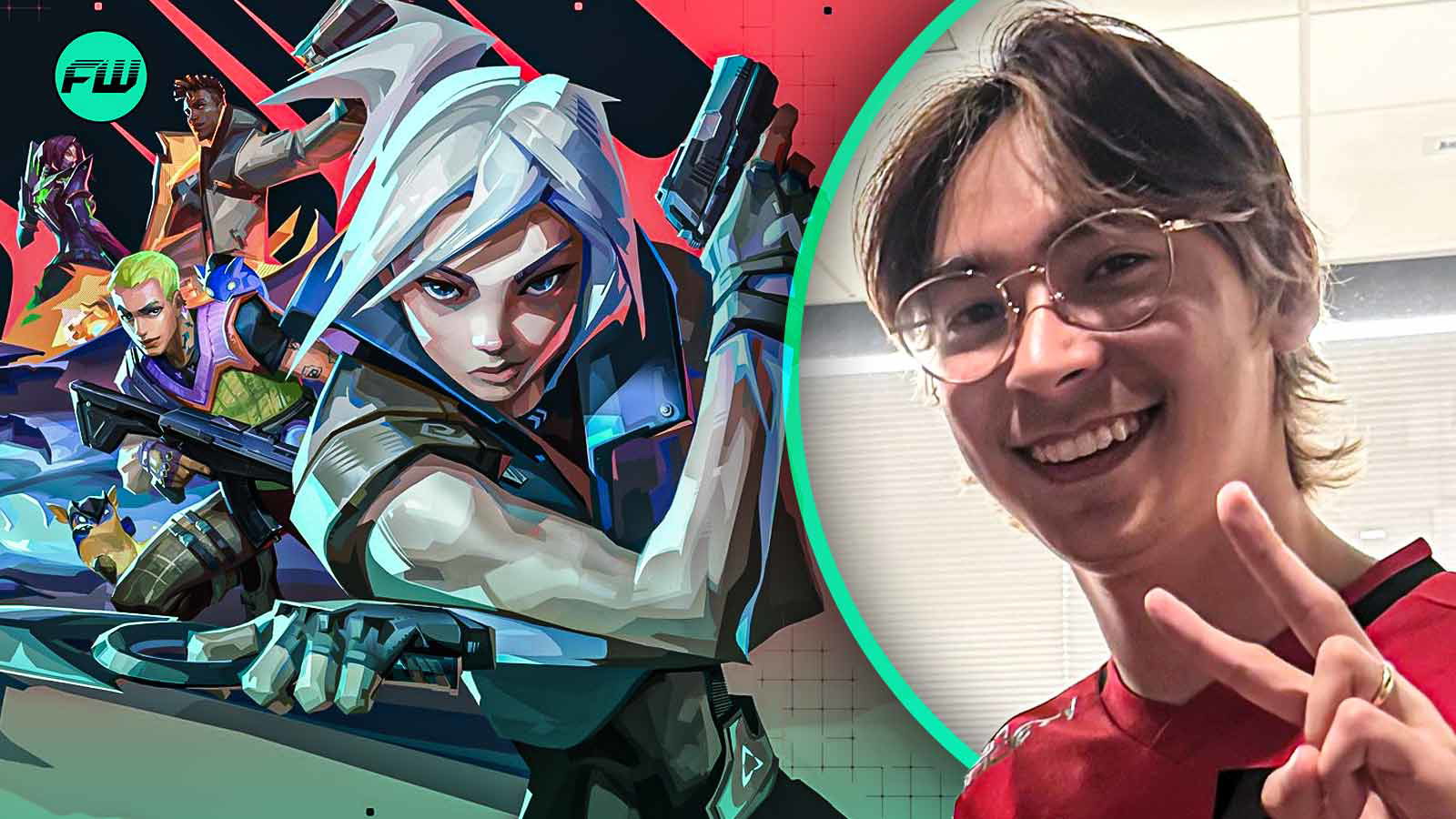
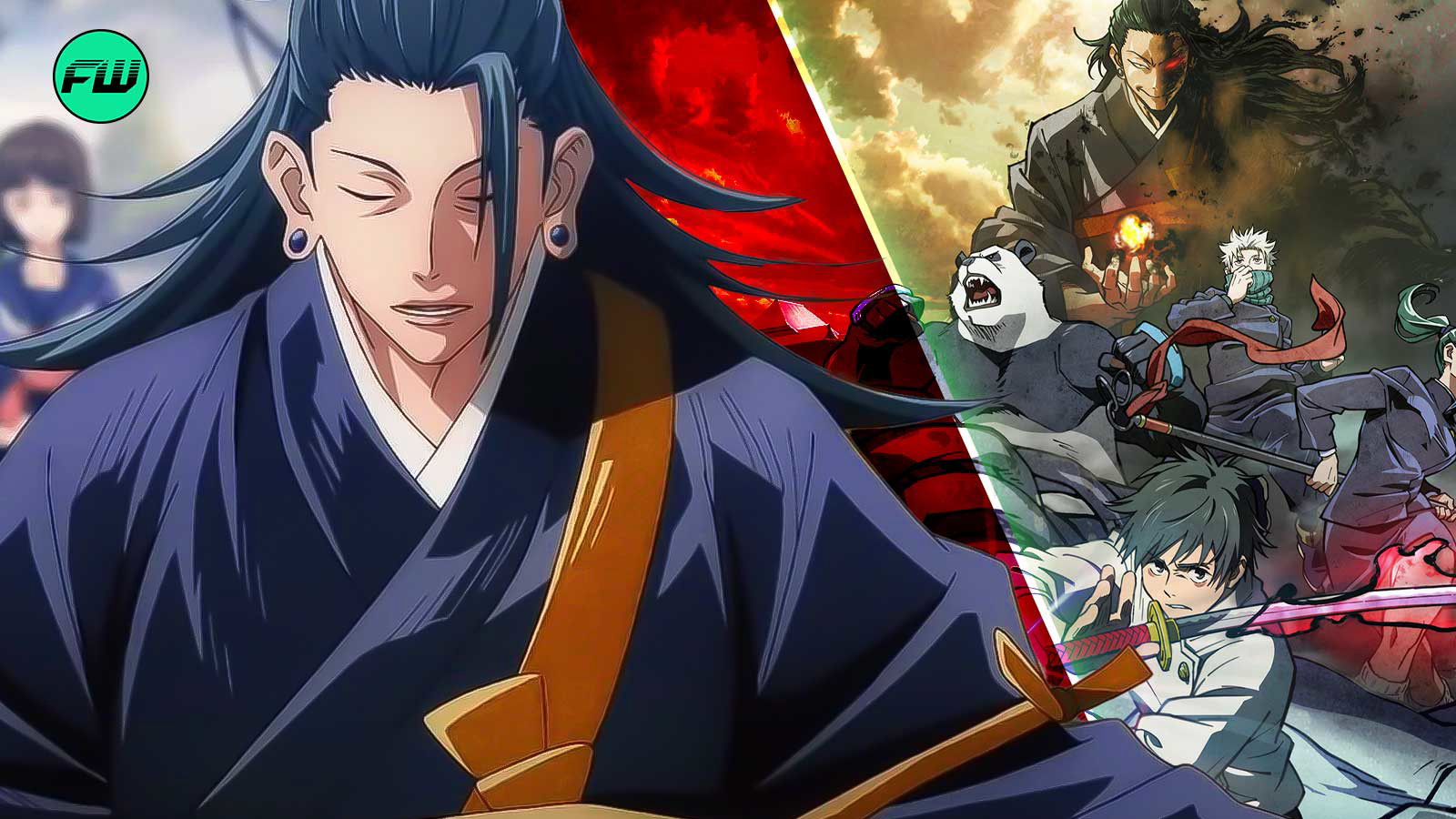
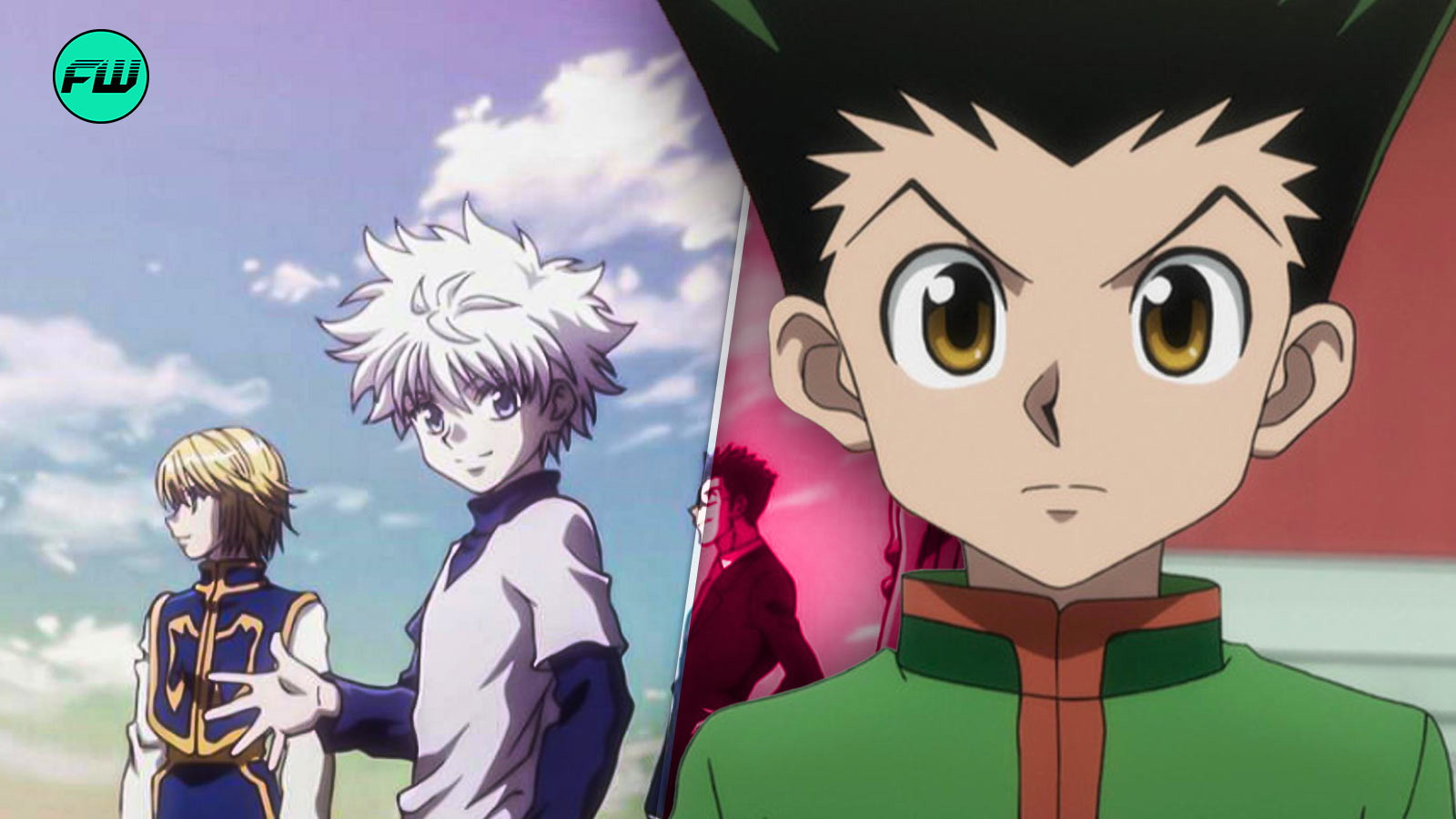
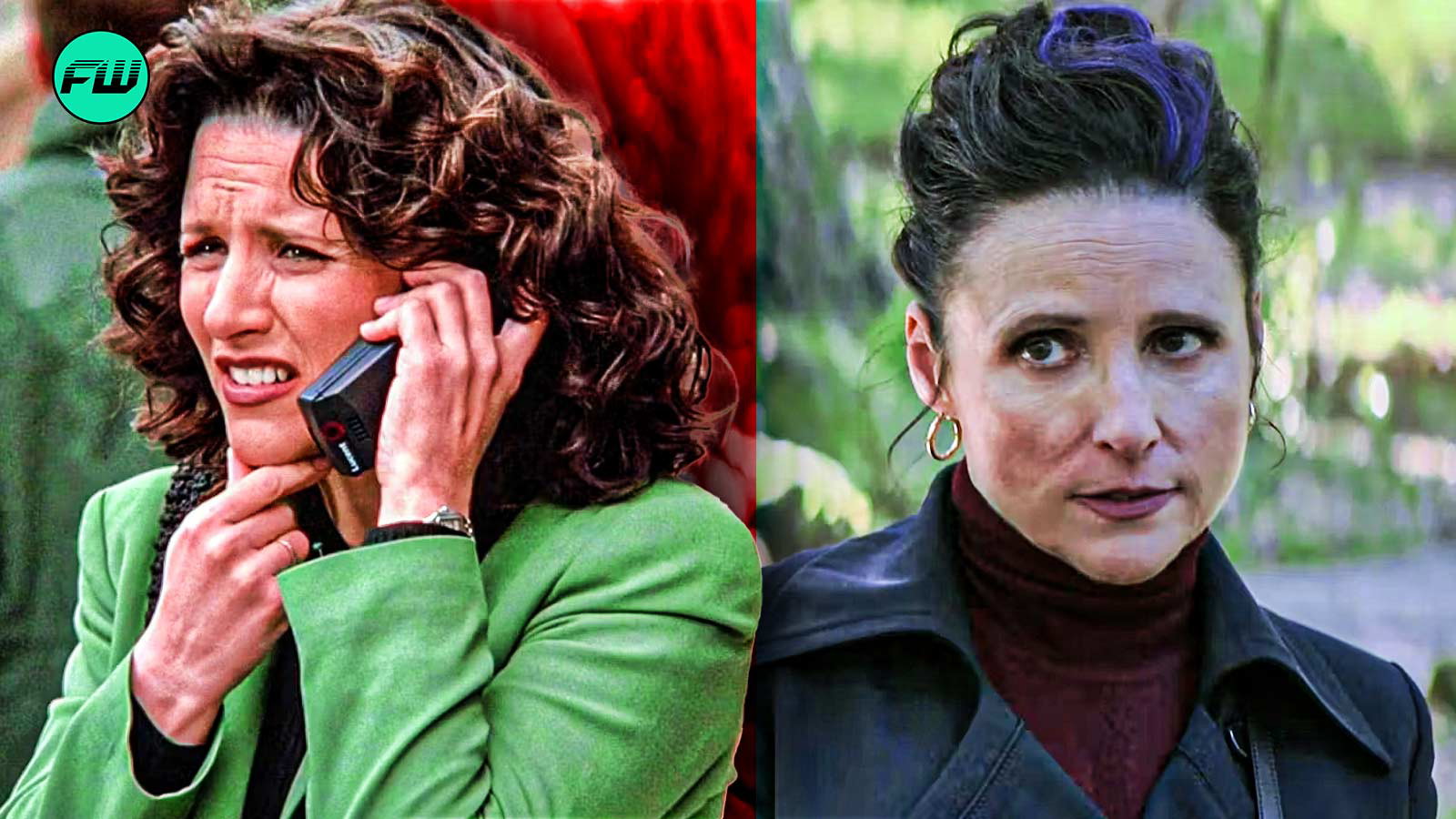
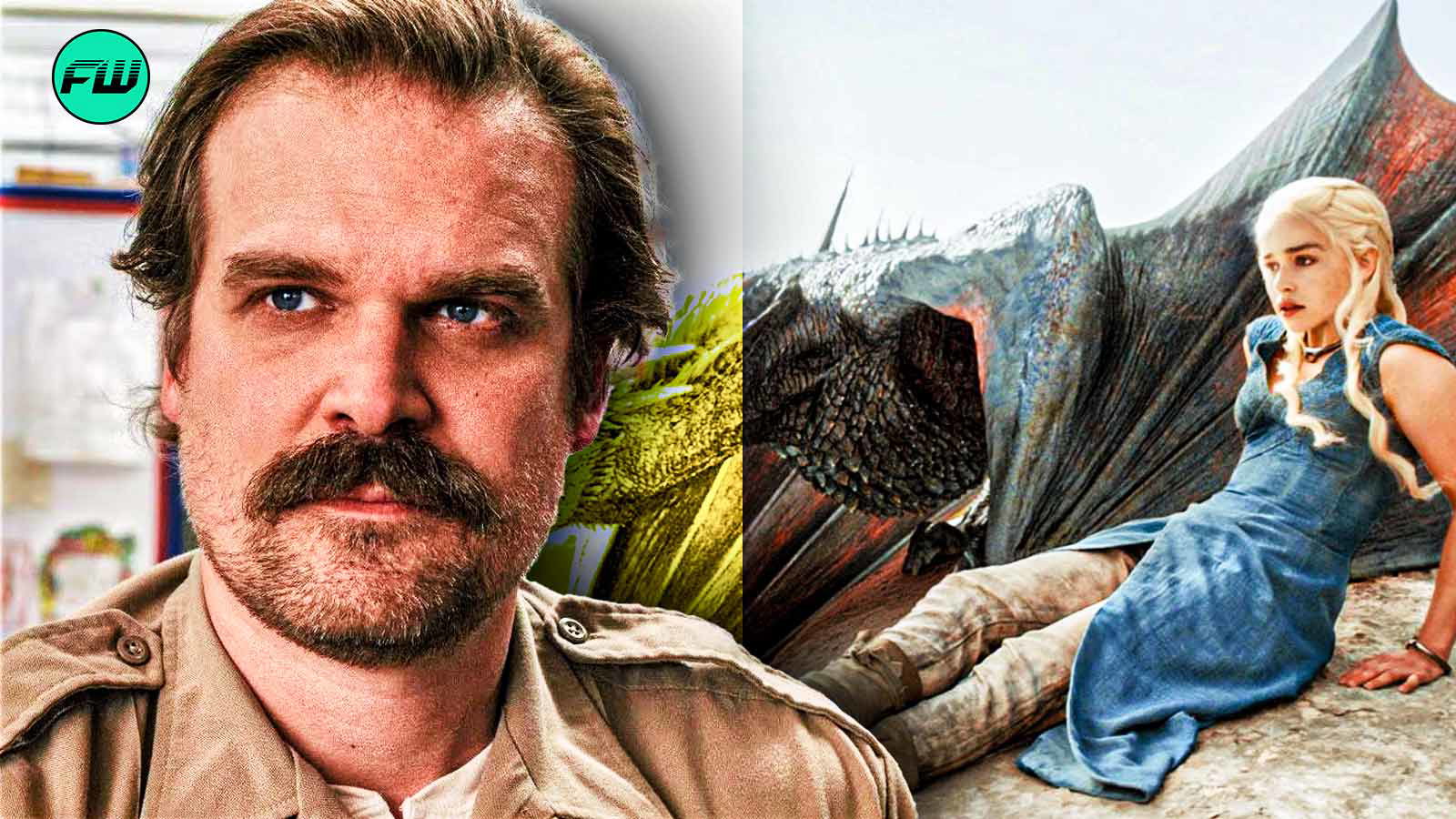



















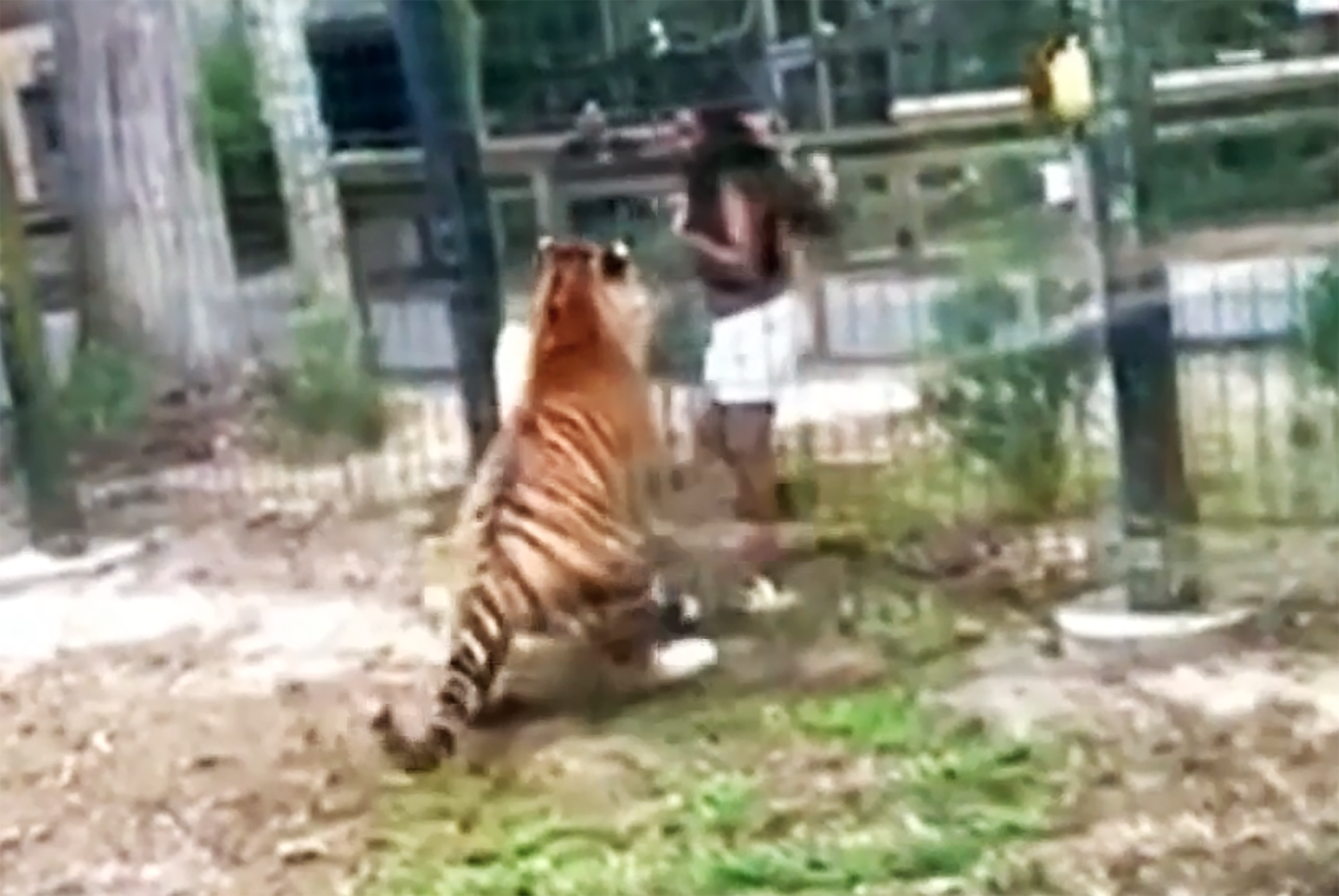
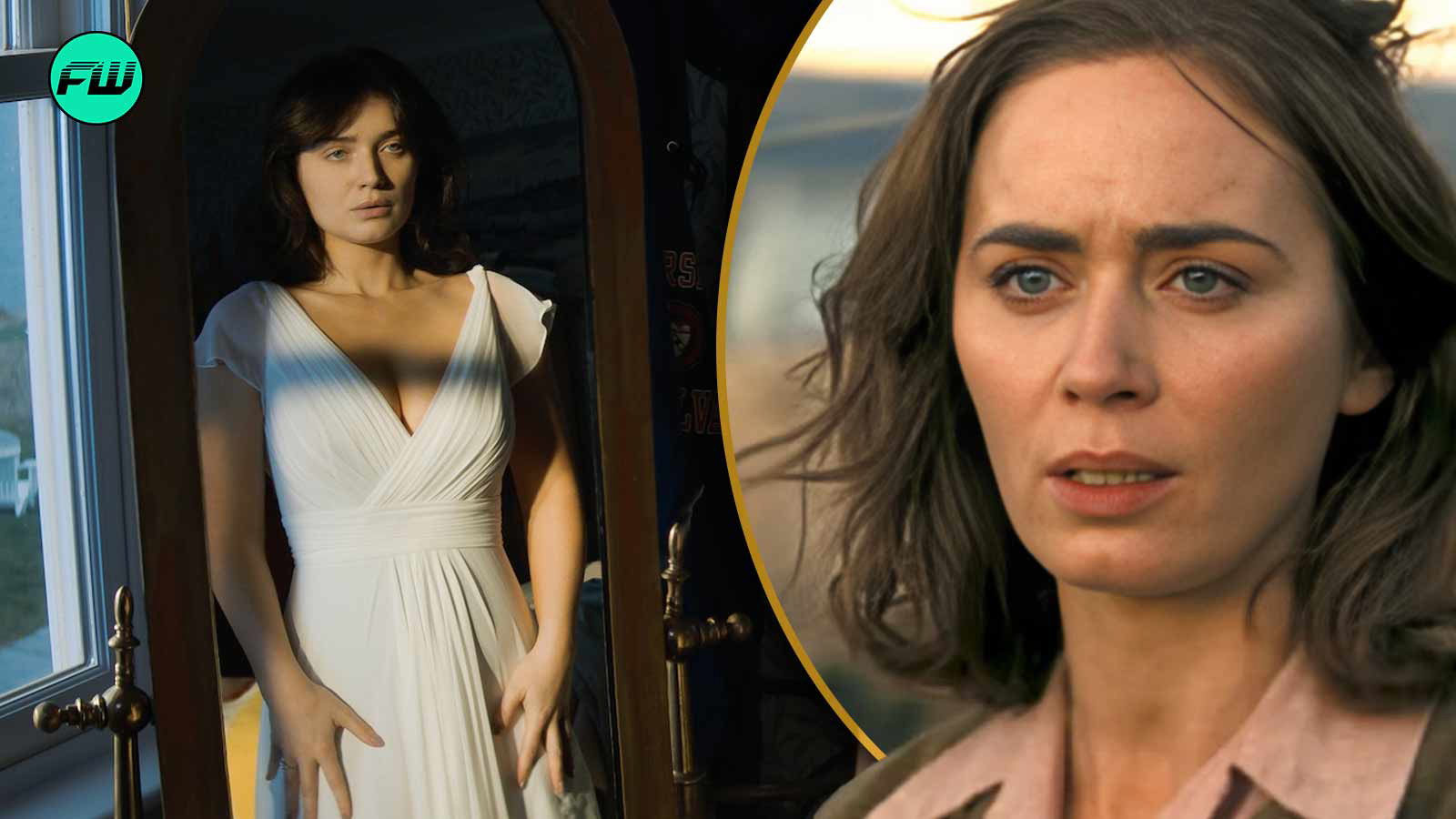
 Bengali (BD) ·
Bengali (BD) ·  English (US) ·
English (US) ·